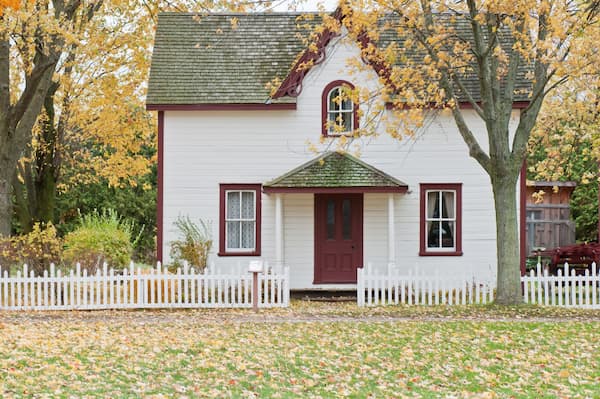Probate In Michigan: An Overview
Recently, we discussed common questions about Michigan probate laws. Now, we’d like to give a general overview of Michigan probate.
When someone dies, they will invariably have property to leave behind to their family and friends. While the decedent (person who has died) should have a will, the fact is 70% of downriver residents don’t have one. When you DO have a will, you need to file it with the courts in a process known as probate.
In Michigan, the probate courts are in charge of making sure a decedent’s estate is distributed correctly. This is called probate administration. The estate includes a lot of the decedent’s property. Some of the property is not part of the estate, and is not distributed through the probate court.
Property Included in Probate

Some property is not included in probate (we’ll touch on that shortly). However, the following are examples of the types of property that would be handled in probate administration.
- Real estate (houses and other buildings, land and the things attached to it)
- Personal property (furniture, cars, and other things not attached to land)
- Bank accounts
- Stocks and bonds
- Debts owed to the person
There are, of course, other exceptions to this rule. For a full list, you can see the Wayne County’s documentation on the matter.
Property NOT Administered Through Probate
There are, as we mentioned above, types of property that would not be administered through probate. These include:
- Jointly owned property
- Insurance policies
- Retirement accounts
- Trusts that are not established by a will
These items must be handled separately, as they are not considered part of the decedent’s estate.
Jointly Owned Property and Michigan Probate Law
Jointly owned property is any property owned by more than the decedent. For example, spouses often both own a car. When one spouse dies, that property automatically transfers into sole ownership of the surviving owner. This also is true for joint bank accounts.

There are situations that are more complicated. This includes real estate or property owned by spouses and another individual (investment properties or businesses are two examples). When it comes to this type of situation, there are four types of joint ownership recognized by Michigan law:
- Tenants in common: This is when real property is transferred to two or more people that are not married and all have equal use and ownership of the property in question. For example, if three unmarried friends purchased a home on Lake Michigan for summer recreation, each has 1/3 ownership of the home. If one of the three dies, then the others are ONLY entitled to their share of the property. The other 1/3 gets transferred to the decedent’s estate.
- Joint tenants: Joint tenancy is created when property is jointly conveyed to two or more people. With real property, the conveyance (usually a deed) must specifically mention joint tenancy. In this situation, many things can occur, and it is best to have an attorney assist.
- Joint tenants with full rights of survivorship: created when real property is conveyed to two or more people, and the conveying document (usually a deed) specifically mentions survivorship. When a joint tenant dies, their share passes to the remaining tenants. No owner can sell or transfer their interest in the property without the consent of the other joint tenants.
- Tenants by the entireties: This scenario is created when property is conveyed to a married couple at the same time. It is not necessary for the conveyance (usually a deed) to mention the creation of a tenancy by the entirety, or to refer to the married couple as such. So long as the conveyance was to spouses who were married to each other at that time, a tenancy by the entirety was created.
Administration in Probate Court in Michigan
If a decedent’s estate has a lot of property, or the heirs of the estate want to want to follow the decedent’s will rather than the legal inheritance formula, the estate will usually be distributed using probate proceedings. Probate proceedings can be informal or formal. Formal proceedings have more steps than informal proceedings.
If a dispute over the will or appointing a personal representative is likely, formal proceedings give more oversight and finality than informal ones. Formal proceedings are done in front of a probate court judge. You may want to talk to a lawyer if the administration of the estate might be contested.
If you need a will created or you are inheriting property from a will, you need legal representation. Contact The Mitten Law Firm today.
Recent Posts
- LGBTQ Couples Can File For Custody, Even If They Were Banned From Marriage
- Divorce Across State Lines
- How Filing Bankruptcy Helps You
- What NOT To Say During Child Custody Mediation in Michigan
- What Happens To My Retirement Accounts In A Michigan Divorce?
- Bankruptcy & Tax Debt: What You Need To Know
- Supervised Visitation In Michigan Child Custody
- Can I Contest A Prenuptial Agreement During Divorce In Wayne County?
- Debt Relief vs. Bankruptcy: What’s The Right Move?
- What Is Friend Of The Court In Wayne County?
